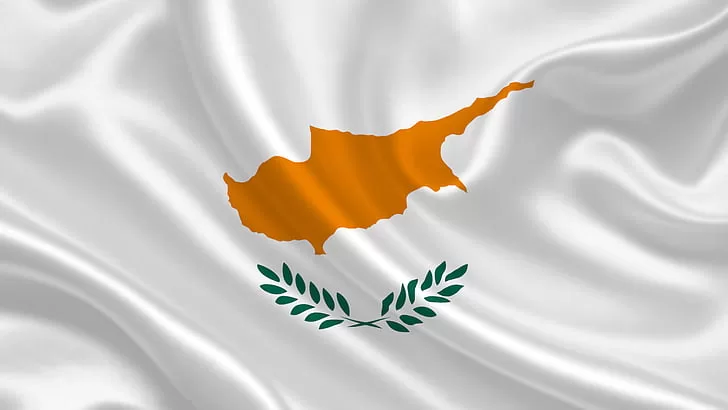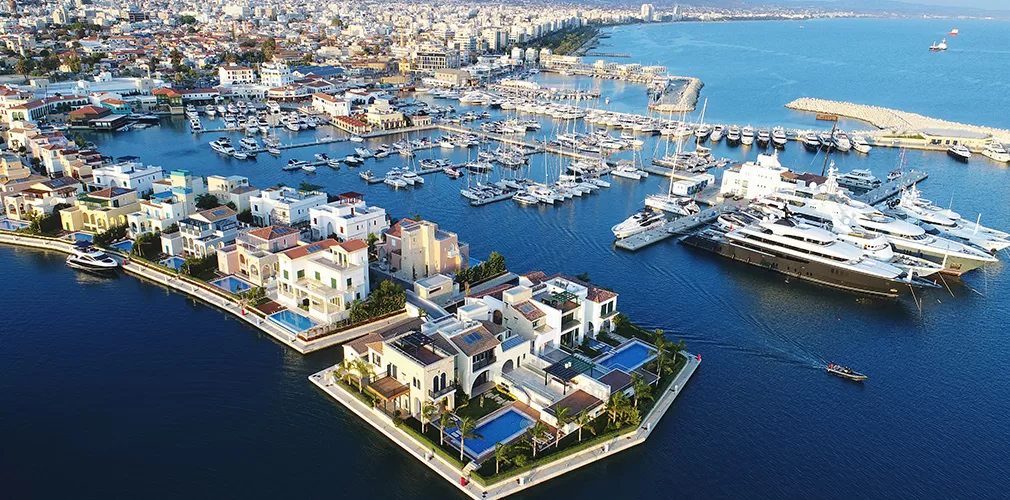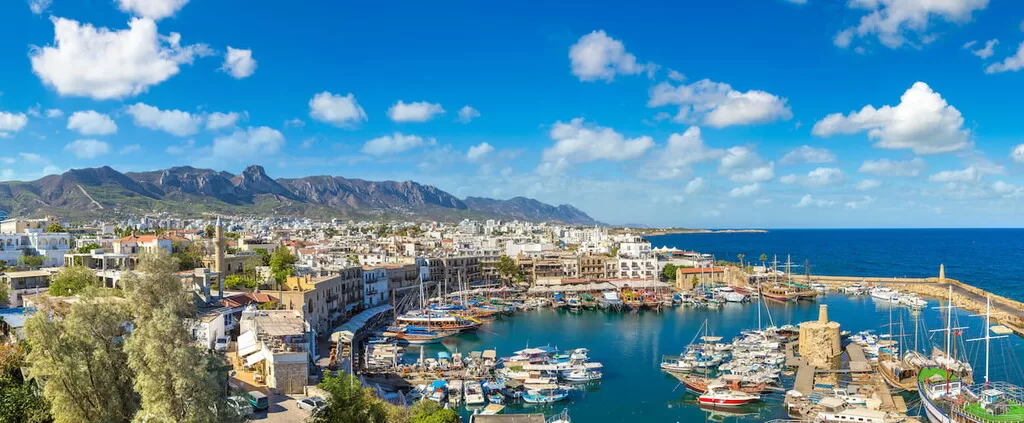Cyprus Country Report

Cyprus is a beautiful island located in the eastern Mediterranean Sea. It is known for its rich history, stunning beaches, and warm hospitality. Cyprus is divided into two main parts: the Republic of Cyprus and the Turkish Republic of Northern Cyprus. The Republic of Cyprus is recognized internationally and is a member of the European Union, while the Turkish Republic of Northern Cyprus is recognized only by Turkey. The island has a diverse culture influenced by Greek, Turkish, and Middle Eastern traditions. You can explore ancient ruins, visit charming villages, and enjoy delicious Cypriot cuisine, which includes dishes like souvlaki, halloumi cheese, and moussaka. Cyprus also offers a variety of outdoor activities, from hiking in the Troodos Mountains to relaxing on the beautiful beaches. The island enjoys a Mediterranean climate, with hot summers and mild winters, making it a popular destination year-round.
Here’s some more information about Cyprus:
1. History: Cyprus has a rich and complex history, with influences from various civilizations such as the Greeks, Romans, Byzantines, and Ottomans. It has been a sought-after territory due to its strategic location.
2. Language: The official languages of Cyprus are Greek and Turkish. Greek is predominantly spoken in the southern part of the island, while Turkish is spoken in the northern part.
3. Tourism: Cyprus is a popular tourist destination, attracting visitors with its beautiful beaches, archaeological sites, and vibrant nightlife. Places like Paphos, Limassol, and Ayia Napa offer a range of activities and attractions for tourists.
4. Cuisine: Cypriot cuisine is a delightful blend of Greek, Turkish, and Middle Eastern flavors. Some must-try dishes include souvlaki (grilled meat skewers), halloumi cheese, kleftiko (slow-cooked lamb), and loukoumades (honey-soaked dough balls).
5. Natural Beauty: Cyprus is blessed with stunning natural landscapes, including the Troodos Mountains, Akamas Peninsula, and the Blue Lagoon. These areas offer opportunities for hiking, nature walks, and breathtaking views.
Last updated: April 8, 2022
Security
Cyprus does have a long-standing political issue with the division of the island, but it’s mostly contained in the northern part. The southern part, which is the Republic of Cyprus, is generally stable and safe for tourists. If you plan to visit the northern part of Cyprus, it’s important to be aware of the political situation and any restrictions or considerations that may apply. It’s always a good idea to stay informed and follow any travel advisories issued by your home country. Overall, Cyprus is a beautiful destination with warm and welcoming locals. Just like with any travel, it’s important to exercise caution and be mindful of your personal safety.
Last updated: April 21, 2022
Infrastructure

It has a network of well-maintained roads and highways that connect major cities and towns. The public transportation system in Cyprus includes buses, taxis, and intercity coaches, making it convenient to travel around the island. Cyprus also has two international airports, Larnaca International Airport and Paphos International Airport, which provide easy access for international travelers. In terms of telecommunications, Cyprus has a reliable and advanced network, offering high-speed internet and mobile coverage across the island. The country also has a good healthcare system, with both public and private hospitals and clinics available to residents and visitors. Overall, Cyprus has made significant investments in its infrastructure to ensure a smooth and comfortable experience for both residents and tourists.
Last updated: March 10, 2023
Environment

The environment in Cyprus is truly beautiful! The island is known for its stunning landscapes, pristine beaches, and rich biodiversity. Cyprus has a Mediterranean climate, which means it enjoys mild winters and hot summers. The island is home to diverse ecosystems, including forests, wetlands, and coastal areas. The Troodos Mountains in central Cyprus are a haven for nature lovers, offering hiking trails, picturesque villages, and even skiing during the winter months. Cyprus also has several protected areas, such as the Akamas Peninsula and the Cape Greco National Forest Park, where you can explore unique flora and fauna. The island is home to various bird species, including flamingos, herons, and falcons, making it a paradise for birdwatchers.
Preserving the environment is important in Cyprus, and there are efforts to promote sustainable tourism and protect natural resources. It’s always a good idea to be mindful of the environment and follow any guidelines or regulations when visiting natural areas.
Last updated: March 1, 2022
Health and Medical
In Cyprus, you’ll find a well-developed healthcare system that provides quality medical services. The country has both public and private healthcare facilities, including hospitals, clinics, and specialized centers. The public healthcare system in Cyprus is funded by the government and offers affordable and accessible healthcare to residents. It operates under the Ministry of Health and provides services through General Hospitals, District Hospitals, and Health Centers located across the island. Private healthcare facilities are also available in Cyprus, offering a wider range of services and shorter waiting times. Many private hospitals and clinics have highly trained medical professionals and state-of-the-art equipment.
In terms of diseases, Cyprus follows international health standards and takes measures to prevent and control the spread of diseases. Common diseases in Cyprus include respiratory infections, gastrointestinal illnesses, and vector-borne diseases like West Nile virus. It’s always a good idea to take necessary precautions when traveling, such as staying up to date with routine vaccinations and following basic hygiene practices like washing hands regularly.
Last updated: September 14, 2022
Political
The political situation in Cyprus is quite complex. The island has been divided since 1974 into the internationally recognized Republic of Cyprus in the south and the self-declared Turkish Republic of Northern Cyprus in the north. Efforts have been made over the years to find a peaceful resolution and reunify the island, but progress has been challenging. The United Nations, along with other international entities, has been involved in facilitating negotiations between the two sides. The main issues revolve around power-sharing, property rights, and the presence of Turkish troops in the north. It’s important to note that the political situation can have an impact on various aspects of life in Cyprus, including travel and access to certain areas. It’s always a good idea to stay informed about any developments or travel advisories before visiting.
Last updated: March 10, 2023















